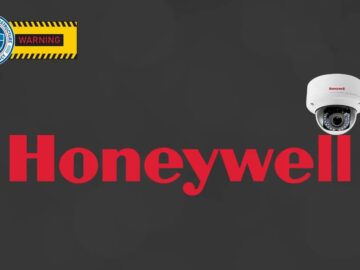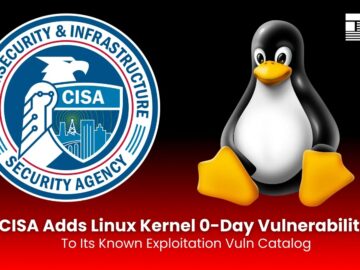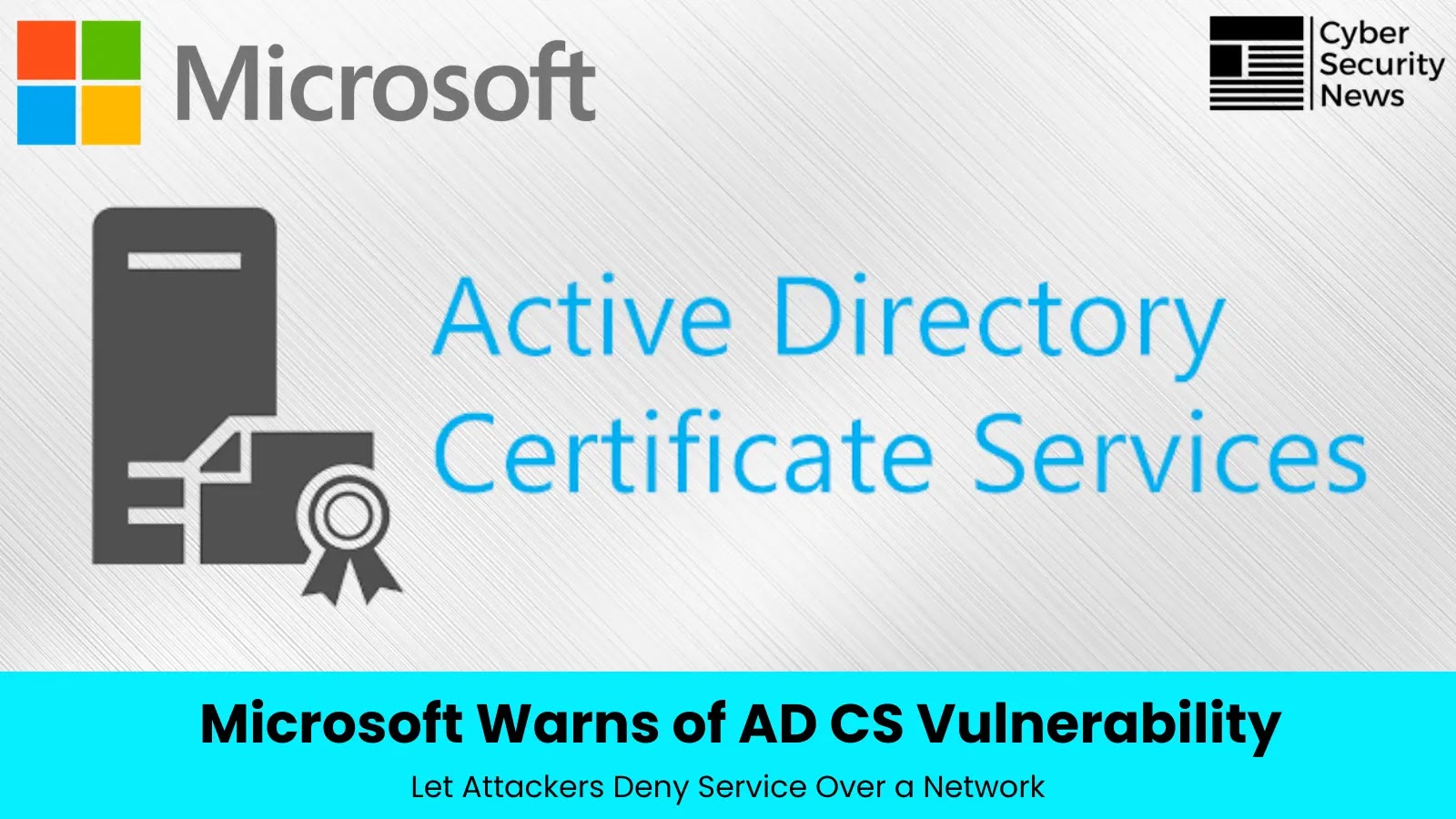The U.S. Cybersecurity and Infrastructure Security Agency (CISA) has issued an urgent alert about a critical use-after-free vulnerability in the Linux kernel, tracked as CVE-2024-1086.
This vulnerability, hidden within the netfilter: nf_tables component, allows local attackers to escalate their privileges and potentially deploy ransomware, which could severely disrupt enterprise systems worldwide.
First disclosed earlier this year, the vulnerability has now been linked to active exploitation campaigns targeting unpatched Linux servers, according to CISA’s Known Exploited Vulnerabilities (KEV) catalog updated on October 31, 2025.
As Linux powers everything from cloud infrastructure to IoT devices, this warning underscores the growing threat to open-source ecosystems amid rising ransomware incidents.
Security researchers have confirmed that attackers exploit CVE-2024-1086 by crafting malicious netfilter rules that trigger improper memory deallocation. Once a user with local access often gained through phishing or weak credentials runs the exploit, the system frees memory associated with a network table but fails to nullify the pointer, allowing reuse of dangling references.
This leads to arbitrary code execution with root privileges, paving the way for ransomware deployment like LockBit or Conti variants.
CISA emphasizes immediate patching, noting that affected versions span widely used distributions such as Ubuntu, Red Hat Enterprise Linux, and Debian, particularly in versions predating kernel 6.1.77.
Linux Kernel Use-After-Free Vulnerability Exploited
The vulnerability stems from a classic use-after-free error (CWE-416), where the kernel’s netfilter subsystem mishandles table destruction during rule evaluations. An attacker needs only local execution rights, making it a potent second-stage payload after initial access.
In ransomware scenarios, threat actors chain this with social engineering to encrypt files and exfiltrate data, demanding ransoms in cryptocurrency. Exploitation proofs-of-concept have circulated on underground forums since March 2024, with real-world attacks spiking in Q3 2025 against healthcare and financial sectors.
For a detailed overview, see the CVE specifications below:
| CVE ID | Description | Affected Products/Versions | CVSS v3.1 Score | Technical Details | Mitigation |
|---|---|---|---|---|---|
| CVE-2024-1086 | Use-after-free in netfilter: nf_tables leading to local privilege escalation | Linux Kernel < 6.1.77; Ubuntu 20.04/22.04 LTS; RHEL 8/9; Debian 11/12 (netfilter module) | 7.8 (High) | Memory deallocation flaw in nftables rule processing; requires local access; enables root shell via dangling pointer reuse | Update to kernel 6.1.77+; disable nf_tables if unused; apply vendor patches (e.g., Ubuntu USN-6190-1) |
Organizations should scan environments using tools like Lynis or OpenVAS for vulnerable kernels and apply mitigations per vendor guidance.
If updates are unavailable, CISA advises discontinuing use of affected products. This incident highlights the risks of legacy Linux deployments in hybrid clouds, where attackers increasingly target open-source flaws for high-impact ransomware.
As exploitation evolves, proactive kernel hardening, such as enabling SELinux and monitoring netfilter logs, remains essential to thwart these stealthy threats.
Follow us on Google News, LinkedIn, and X for daily cybersecurity updates. Contact us to feature your stories.




